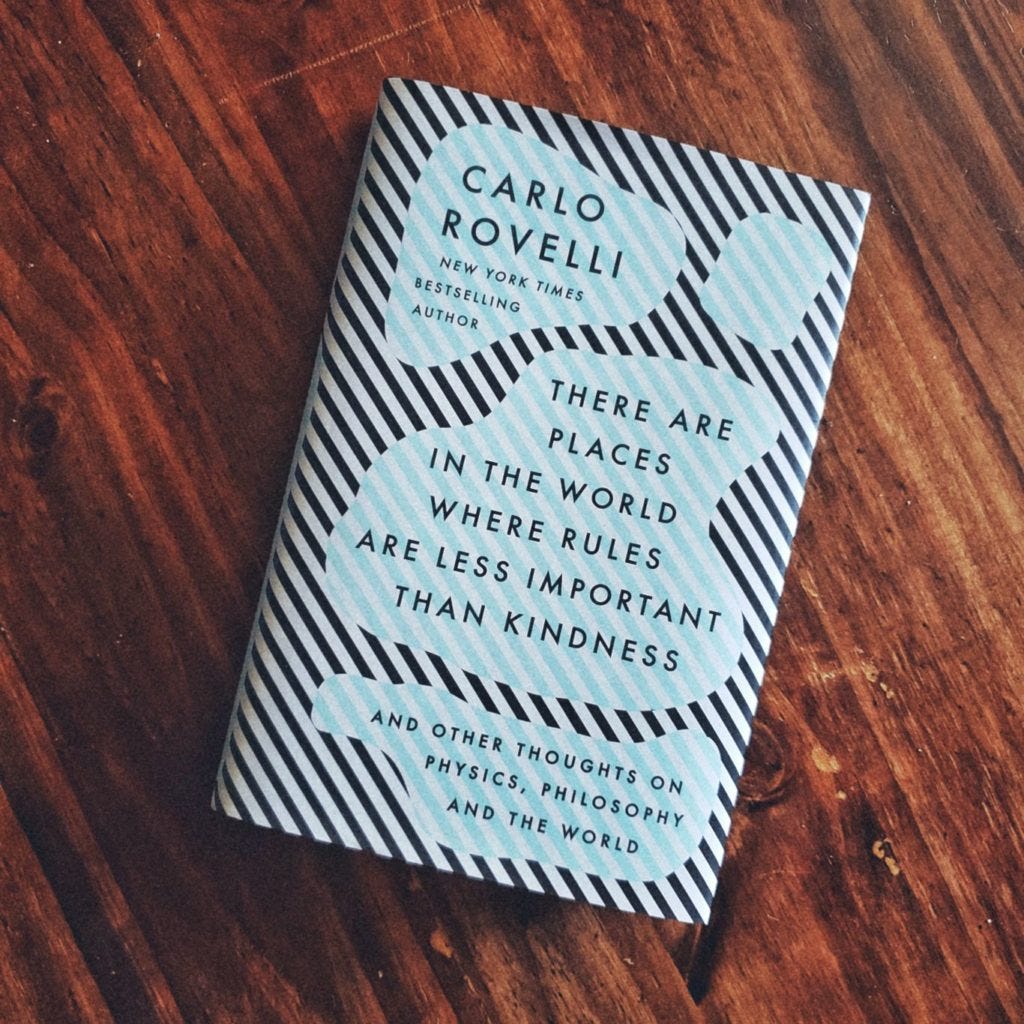An expert in the medium of lack...
Giacomo Leopardi was a poet, philosopher, essayist. A radical, forward thinker whose erudite progressivity blossomed and bloomed despite the conservative constraints of his context, much in the same way a dandelion summons the subtle but relentless strength to breach concrete. But this is not to say that he was not troubled by the constriction and the strain. Carlo Rovelli conveys this palpably when he says that "Perhaps if [Leopardi] had immediately succeeded in escaping from Recanti at his first attempt, propelled by his youthful enthusiasm and the awareness of his own talent, if his father had not discovered and stopped him, clipping his wings, Leopardi's life might have turned out better".
I recognize a kind of kinship with Leopardi. I am clear-headed and self-aware enough to realize that I am far from being Leopardi's equal, but I am all too familiar with the claustrophobia of being pent up and hedged in by the circumstances and surroundings of the time and place in which I find myself; the thrown-ness of my happenstance. I've long felt caged and closed-off by the creative and intellectual vacuum created by Central Florida's conservatism. I know what it's like to live at odds with both place and populace, to be different, to not belong. I've thought about what it would be like if I lived somewhere different, surrounded by people who are different. If I had been taken under the wing of mentors who offered guidance with clarity, care, and attention. But, no matter how lonely or debilitating, I can personally attest to the ways seclusion and self-reliance can require a greater degree of tenacity and creativity from a person. "[W]isdom gained through frustration", Michael Finkel says, "pays dividends". And, Rovelli points out that if things had been easier for Leopardi perhaps "we would not have had his poetry".
I understand Leopardi's angst, but even more so, I understand his hunger. A hunger that mirrors my own. A hunger that is my own. A hunger that owns me. A hunger that is me. "[T]he me-ness that I know as pure, inescapable self", says Amal El Mohtar and Max Gladstone, "is hunger". It is a hunger "with edges like teeth", writes El Mohtar and Gladstone, "Sharpened so keen and bright that it [can] split you open; break a new thing out", a new thing "longing...to become, to break like a wave on a rock and reform, and break again, and wash away". An offering of libation poured out to a limbic craving upon a water wheel that turns into power. Dissatisfaction shoveled into a furnace like coal, meting out desire into an opening, an empty space of lapping flame that fuels the engine of creation. "Hunger, El Mohtar and Gladstone make clear, "is a many splendored thing".
To know hunger, to form it, and fashion it, to be formed and fashioned by it, is to be an expert in the medium of lack. An artist crafting something from the nothing of an absence. It is to bend the want until it becomes something else. Hank Green says that this is "the most amazing ability that...anyone in the world can have ..the ability to control and direct want". To study the hunger with deep analytical scrutiny. To take apart the weapon of want and put it back together with reflexive precision, and to finally reassemble it into a spindle that turns hunger into gold. "[L]ife," Green says, "is not about actually satisfying the want; it's about using it". That's the key. That's what changes everything, and that's what Leopardi does.
Leopardi mines the insufficiency of his want, "seeking nourishment for his soul", Rovelli says, "he speaks the language of the heart when it is lost, disillusioned, naked before the truth", and, in so doing, he finds a way to "give meaning to the beauty of the world; [to] give significance to everything".




